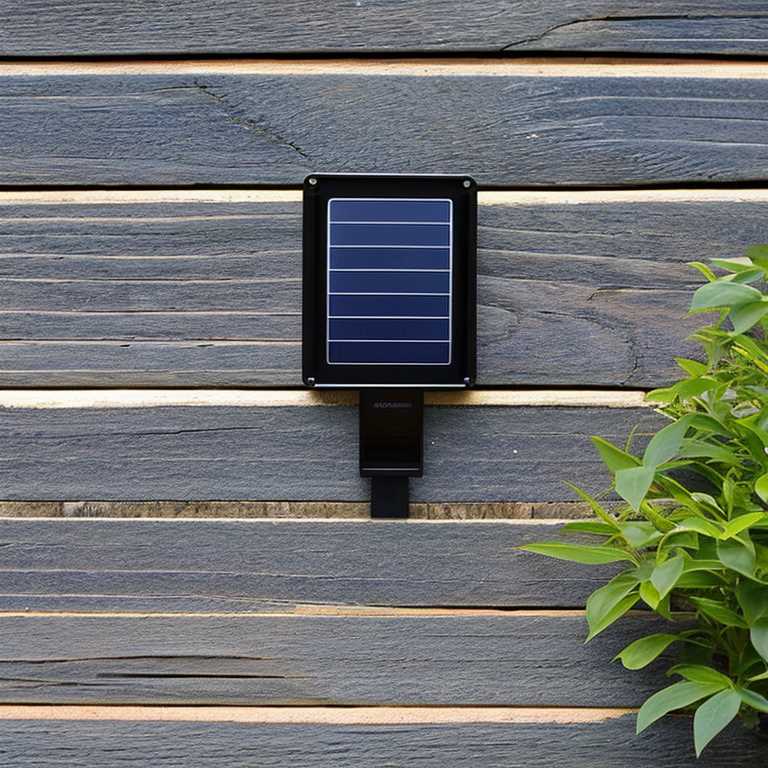Why is my solar light not working

Solar lights are a popular choice for outdoor lighting due to their energy efficiency and ease of installation. However, if your solar light is not working, it can be frustrating and leave you wondering what the problem could be. In this article, we will discuss the common reasons why solar lights may not be working and how to troubleshoot and fix the issue.
1. Lack of Sunlight
The most common reason why solar lights may not be working is due to a lack of sunlight. Solar lights require direct sunlight to charge the batteries that power them. If the solar panel is not receiving enough sunlight, the batteries will not charge, and the light will not work.
To troubleshoot this issue, check the location of the solar light. Is it in a shaded area or is there something blocking the sunlight? If so, try moving the light to a sunnier location or removing any obstacles that may be blocking the sunlight.
2. Dead Battery
Another reason why solar lights may not be working is due to a dead battery. Over time, the battery in a solar light will lose its ability to hold a charge. If the battery is dead, the light will not work.
To test if the battery is the issue, remove the solar light from its location and place it in a sunny area for a few hours. The solar panel should charge the battery, and the light should turn on once it is dark. If the light does not turn on, the battery may need to be replaced.
3. Dirty Solar Panel
A dirty solar panel can also cause solar lights to stop working. Dust, dirt, and debris can accumulate on the solar panel, which can reduce its ability to absorb sunlight and charge the battery.
To clean the solar panel, use a soft cloth or sponge and mild soap and water to gently remove any debris. Avoid using harsh chemicals or abrasive materials that could damage the solar panel.
4. Faulty Wiring
Faulty wiring can also cause solar lights to stop working. If the wires are loose or disconnected, the solar panel will not be able to charge the battery, and the light will not turn on.
To check the wiring, remove the solar light from its location and inspect the wires for any damage or loose connections. If the wires are damaged, they may need to be replaced or repaired.
5. Defective Solar Light
In some cases, the solar light may be defective, and there may be no obvious reason why it is not working. If you have tried all of the above troubleshooting steps and the light still does not work, it may be a defective unit.
If the solar light is still under warranty, contact the manufacturer to see if they will replace it. If the light is not under warranty, you may need to purchase a new one.
6. Winter Months
During the winter months, solar lights may not work as well due to shorter days and less sunlight. The batteries in the solar lights may not be able to fully charge, and the light may not stay on for as long as it does during the summer months.
To improve the performance of your solar lights during the winter months, try moving them to a sunnier location or adding additional solar panels to increase the amount of sunlight they receive.
There are several reasons why solar lights may not be working, including a lack of sunlight, dead battery, dirty solar panel, faulty wiring, and defective solar light. By following the above troubleshooting steps, you can identify and fix the issue and enjoy the benefits of solar lighting. Remember to maintain your solar lights by regularly cleaning the solar panel and replacing the battery when needed to ensure they continue to work properly.